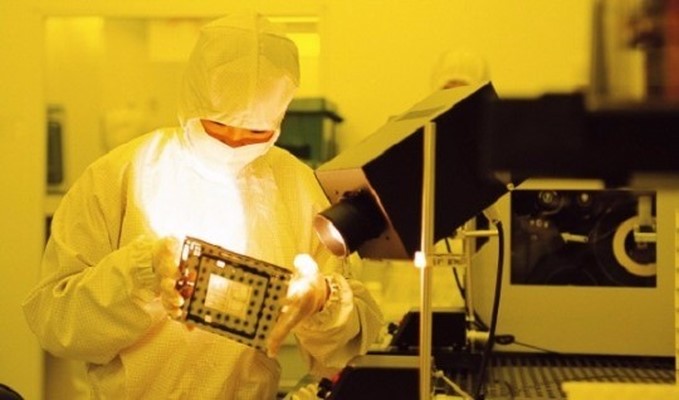As the US semiconductor industry made it clear that it will cooperate with US President Trump’s executive order to look into infringements on US intellectual property rights, the Korean business world is concentrating its attention on its aftermaths.
Of course, the order’s main target is China, and the US and Korea have different business areas in the semiconductor sector, so many experts say that there will no big negative impact on Korean companies right now.
According to industry sources on August 17, John Neuffer, president & CEO of the US Semiconductor Industry Association (SIA) said in a statement on August 14 (local time), “We are ready to work with the Trump administration to prevent intellectual property rights and core technology from being stolen or forced to be leaked abroad.”
“Intellectual property rights mean a lifeline to the US semiconductor industry, the fourth largest export industry in the US,” Neuffer said. “Our semiconductor companies are investing in research and development for one fifth of their revenues. Under these circumstances, we have to stop infringements on our intellectual property rights.”
Neuffer repeatedly stressed that he would actively cooperate with the Trump administration in protecting intellectual property rights of the semiconductor sector.
In fact, as a report was out that the US government received an objection to a Chinese state-run company’s takeover of US semiconductor testing company “’Xcerra” immediately after the SIA statement was put out, a forecast was made that local US semiconductor companies will move in earnest.
Related Korean industries are showing the response that Korean companies are out of reach as the trade war between the US and China is expanding to the semiconductor sector.
First, Samsung and SK Hynix are focusing on DRAM and NAND flash memories while the US is concentrating on system semiconductors and fables semiconductors (design specialists) with Intel in the vanguard of semiconductor R&D. So it is said that the competition between Korea and the US is limited.
It is also pointed out that in the memory semiconductor sector, the US does not have a lot of intellectual property claims against Korea because Korea already has unique technology competitiveness.
However, Korean companies are concerned that there is a possibility that trade disputes between the US and China may lead to unexpected results. For example, such disputes will wind up becoming an obstacle to Korea’s export of semiconductors to China.
In the meantime, the Chinese government is making a large-scale investment in the semiconductor industry, shouting “fueling a semiconductor business boom,” while the US government is investigating China’s infringements on intellectual property rights. So some experts say that Korea can enjoy reflected profit from the changing situation.
“It is true that there is concern that China may quickly narrow its technological cap with Korea by bringing in semiconductor specialists from around the world and beginning to make a massive investment,” a Korean industry official said. “Trade disputes with the US may slow down China’s acceleration.”

